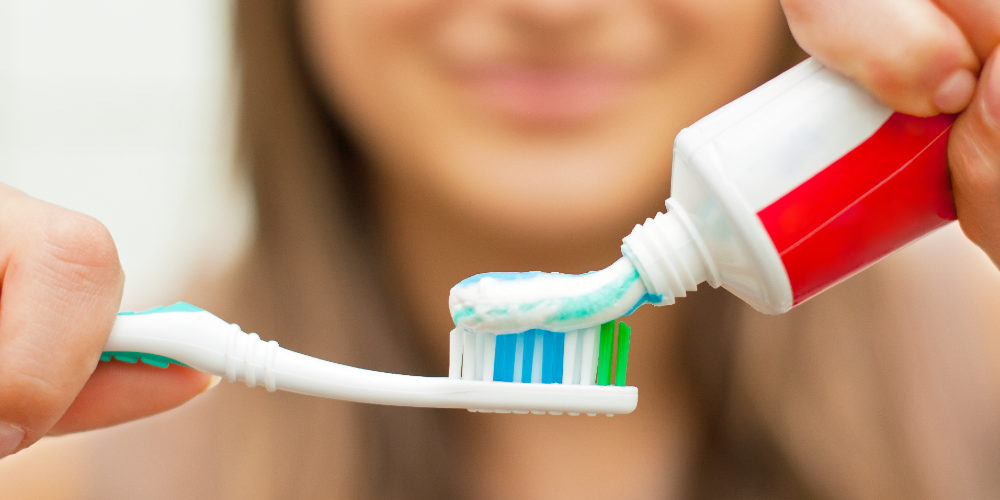The short answer is yes! We won’t stop there, though. We want to share important information with you regarding this sometimes-controversial mineral and how it can help you have great dental health.
Fluoride is a naturally occurring mineral in the soil and groundwater in most areas. The amount of fluoride in a region can vary widely, and the amount that goes into community water supplies is tightly regulated. In wells of groundwater, fluoride can be completely absent or present in dangerously high levels.
What Effect Does Fluoride Have on the Teeth?
The fluoride mineral has a strengthening effect on the hard structures of the teeth: both enamel and underlying dentin. Exposure to fluoride when teeth are forming causes incorporation of the mineral into enamel. This incorporation leads to teeth that are more cavity resistant and stronger than those without fluoride. This is called systemic fluoride, and it is valuable during childhood as the teeth are forming.
We can also expose our teeth to fluoride after they are fully formed. This is what we call “topical fluoride,” and it is the mechanism of action of a fluoride toothpaste. Topically applied fluoride helps re-harden the outer layer of the teeth through a process known as remineralization. Remineralization is a powerful cavity fighter and anti-sensitivity process. Topical fluoride comes in various forms, including toothpaste, mouthwash, gel, professional foams and varnishes, etc.
Is Fluoride Safe?
Fluoride is generally safe, but it can be toxic in extremely high levels. Fluoride toxicity is rare due to the close oversight of fluoride in drinking water. You can’t put yourself or your children at risk for toxic levels of fluoride through your drinking water or toothpaste. Small, prescribed amounts of fluoride are essential to maintaining healthy, strong teeth.
What are the Benefits of Fluoride Toothpaste?
All of the benefits of fluoride toothpaste come through the remineralizing ability of fluoride. Teeth are at risk for cavities through bacteria in dental plaque. We also have a risk for losing tooth structure through acid erosion, which can occur as the result of an acidic diet or acid reflux. Many people suffer from sensitive teeth, which can make normal foods and beverages uncomfortable. Fluoride helps us fight all of these potential dental health problems.
Resistance to Cavities
The bacteria in dental plaque that cause cavities do so through a process called demineralization. The bacteria eat sugar from our foods and drinks and produce acid as a waste product. This acid softens and weakens enamel in order to allow the bacteria to infect and penetrate the enamel and underlying dentin.
In its earliest stages, demineralization is reversible, and we reverse it with remineralizing agents. Fluoride is our best and most readily available remineralizing agent. Fluoride stops cavities before they can get off to a solid start. It re-hardens areas that the bacteria have demineralized.
Resistance to Acid Erosion
In the same way, exposure of the teeth to strong acids can slowly erode enamel and dentin. Fluoride strengthens these hard tissues and makes it more difficult for the acids to dissolve them.
Fights Sensitivity
Many people suffer from sensitive teeth with a variety of causes. Whether the cause is exposed roots from receding gums or hypersensitive nerves, we can reduce the feeling of sensitivity by hardening the outermost layers of the teeth. Fluoride helps strengthen enamel and dentin so that fewer sensations reach the nerve within the tooth.
More Questions about Fluoride? Contact the Specialists at Rockland Dental
Call Rockland Dental Specialists and schedule a consultation with our dental experts. We can answer any question you have about fluoride and help you make decisions for your best oral health. Call us at (845) 259-2500 or complete our online contact form today!







